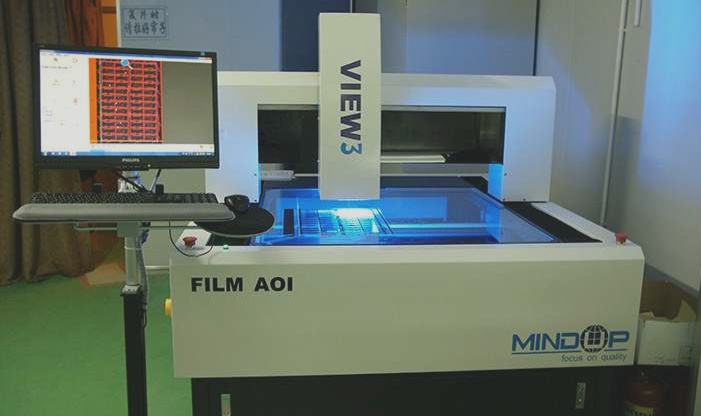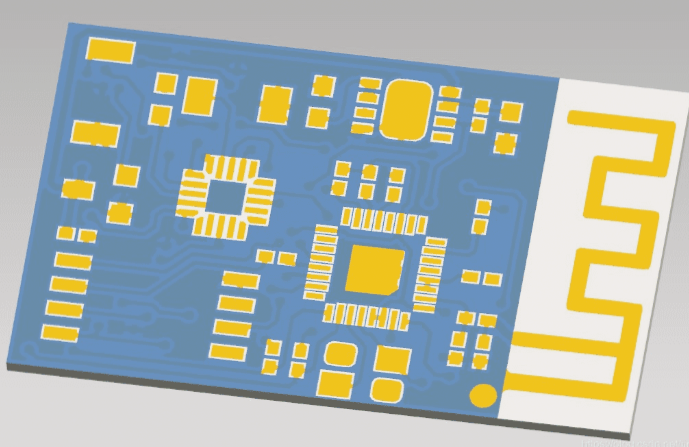Factors Affecting PCB Steel Mesh Quality
- Production Process
- Materials Used
- Opening Design
- Production Data
- Printing Method
- Cleaning
- Storage
The production process plays a crucial role in determining the quality of PCB steel mesh. Optimal results are achieved through electropolishing after laser cutting, as other methods like chemical etching and electroforming are prone to errors.
The choice of materials for the PCB screen frame, wire mesh, steel sheet, and adhesive glue is vital. Using a polyester mesh for the screen frame and 304 steel sheet with a matte finish can enhance the durability and performance of the steel mesh.
The quality of the opening design significantly impacts the PCB stencil quality. Factors such as manufacturing process, width to thickness ratio, and area ratio should be considered when designing the openings.
Having comprehensive production data is essential for ensuring high-quality PCB steel mesh. Clear indication of prevailing data sources and utilizing data files for stencil production can help minimize errors.
Using the correct printing method is crucial for maintaining stencil quality. Incorrect methods such as excessive pressure or improper PCB placement during printing can lead to stencil damage.
Prompt cleaning of the stencil is important to prevent blockages in the openings caused by solidified solder paste. Regular cleaning after each use or extended idle periods is recommended.
Proper storage of the steel mesh is essential to prevent accidental damage. Avoid stacking the PCB steel mesh to prevent bending of the screen frame and ensure ease of handling.



